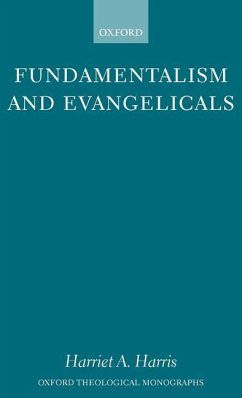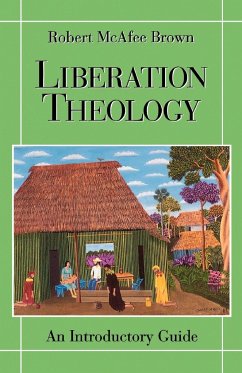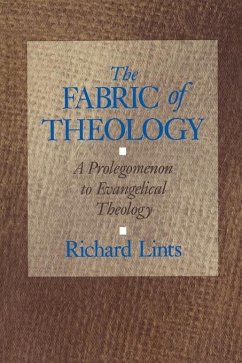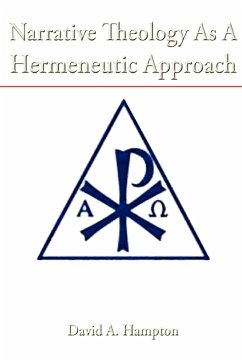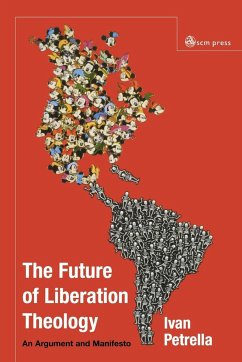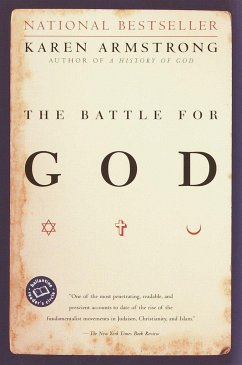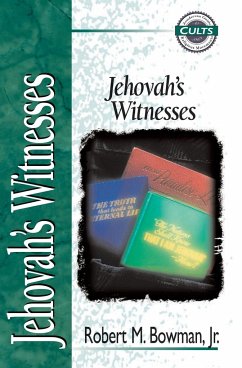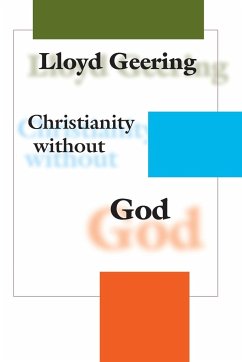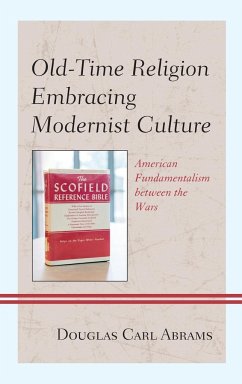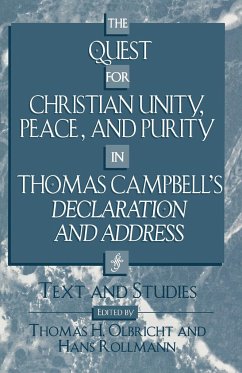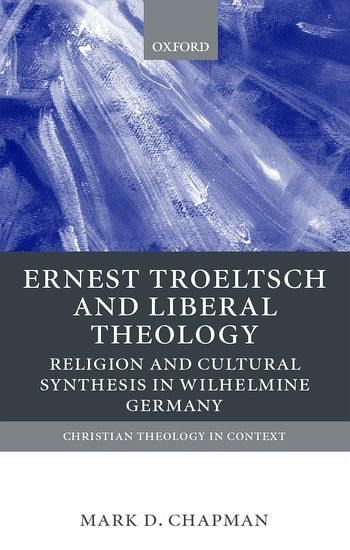
Ernst Troeltsch and Liberal Theology
Religion and Cultural Synthesis in Wilhelmine Germany

PAYBACK Punkte
35 °P sammeln!
This is a discussion of the ethical implications of German liberal theology in the early years of the 20th century. It avoids pejorative interpretative categories (such as "culture protestantism"), seeking instead to understand the period on its own terms. The leading figure, Ernst Troeltsch (1865-1923), is treated as a "public theologian", engaging at many different levels with his social and political context and trying to ensure that religion could continue to shape the future course of history. To understand his context he made use of the tools of the emergent discipline of sociology and also entered into dialogue with philosophers and historians. Troeltsch's public theology is contrasted with other liberal models of theology, particularly those of the New Testament scholar Wilhelm Bousset and the systematic theologian Wilhelm Herrmann, who were far more reluctant to engage seriously with their context and as a result isolated religion from its wider social and intellectual setting.
This book assesses the German liberal theological tradition in the early years of the twentieth century, concentrating in particular on the work of Ernst Troeltsch. It locates theology in its social and political context, and seeks to understand the period on its own terms and not through the distorting lens of the First World War.





